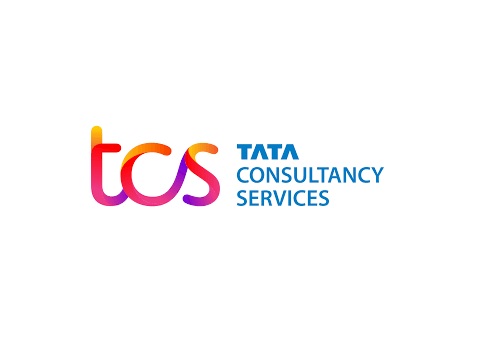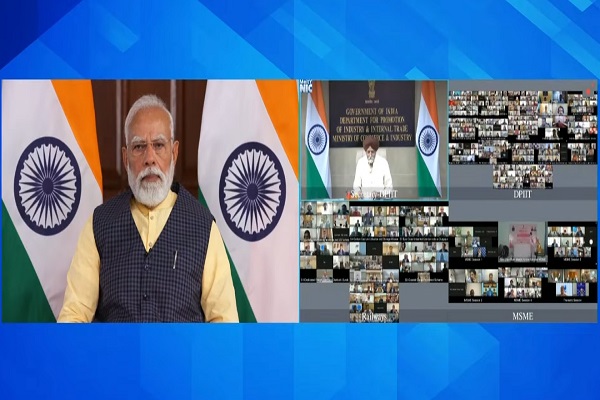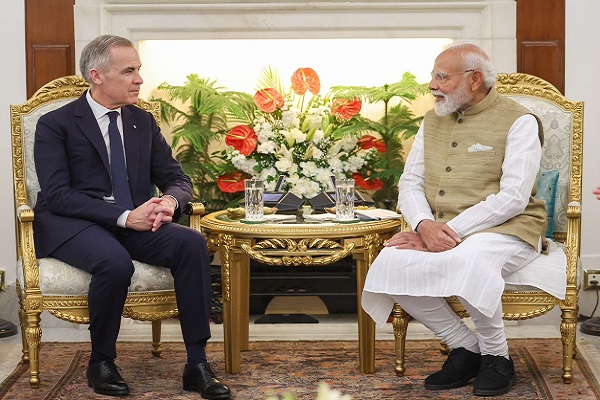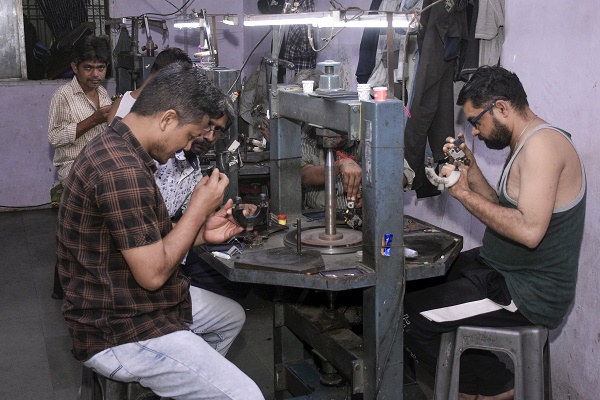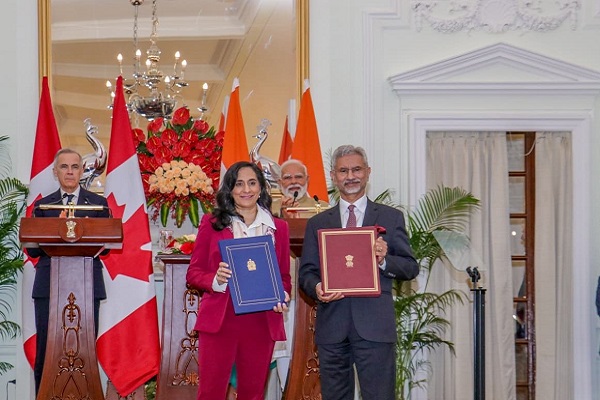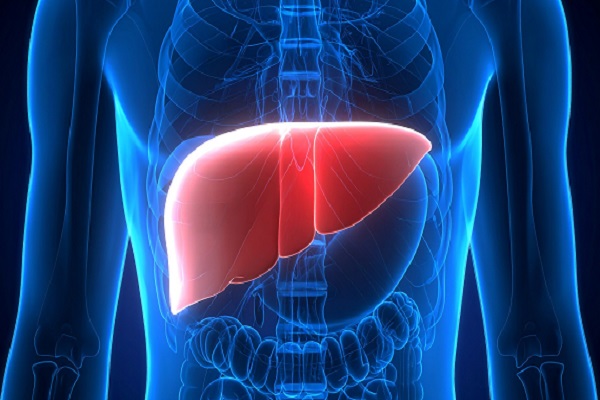Indian scientists develop 1st human gene therapy for Haemophilia A
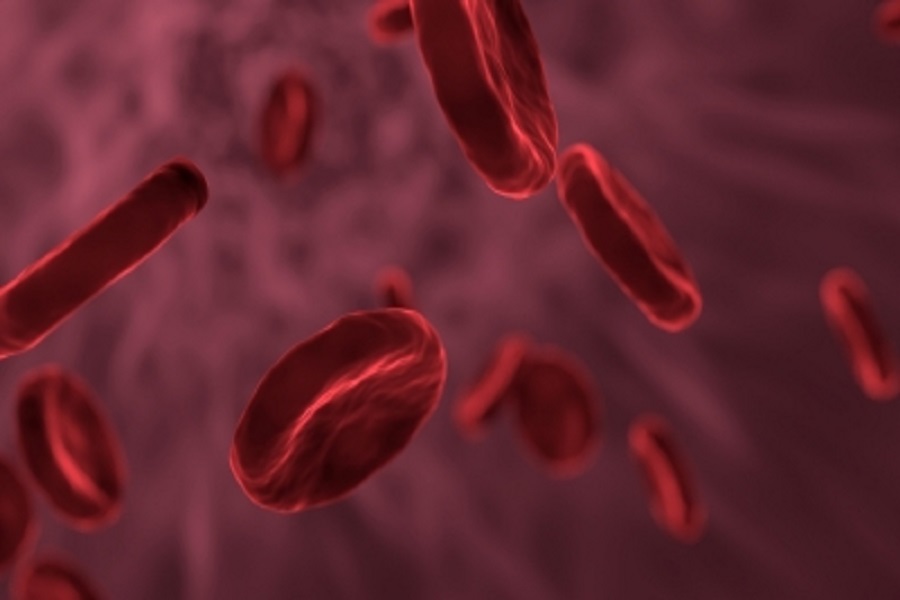
In a significant medical feat, Indian scientists have developed the first-in-human gene therapy using lentiviral vectors for severe haemophilia A
The innovative therapy, developed by the Centre for Stem Cell Research (CSCR) at Christian Medical College (CMC), Vellore -- a translational unit of BRIC-inStem, and supported by the Department of Biotechnology, has demonstrated transformational results.
Early this year, scientists at the CMC-Vellore successfully conducted the country's first human clinical trial of gene therapy for haemophilia A (FVIII deficiency).
The single-centre study, which enrolled five participants aged between 22 and 41 years, showed transformational results.
“The therapy successfully produced zero annualised bleeding rates in all five enrolled participants while enabling prolonged production of Factor VIII, eliminating the need for repeated infusions,” said the scientists, in the paper published in the peer-reviewed New England Journal of Medicine.
This effect was observed “over a cumulative follow-up of 81 months, correlating Factor VIII activity with vector copy numbers in the peripheral blood,” the team said.
Haemophilia A is a severe bleeding disorder caused by the deficiency of clotting Factor VIII. It significantly affects patients' quality of life, leading to spontaneous bleeding episodes. Although rare, India bears the world’s second-largest burden of haemophilia, with approximately 136,000 cases.
Current treatments require frequent Factor VIII replacement therapy, which faces challenges such as high costs, venous access in children, and low patient acceptance.
The new gene therapy approach involves the use of a lentiviral vector to introduce a normal copy of the Factor VIII gene into autologous haematopoietic stem cells (HSCs).
These modified HSCs generate blood cells capable of producing functional Factor VIII over extended periods.
“Participants were monitored for six months following the gene therapy. Results showed a strong correlation between Factor VIII activity levels and the vector copy number in peripheral blood,” the researchers said.
“This achievement underscores the long-term efficacy and safety of the therapy, offering renewed hope for patients with severe Haemophilia A,” they added.
This pioneering study marks a transformative leap in accessible and effective treatments for resource-limited settings, unlocking new possibilities for managing previously incurable diseases. The therapy is expected to soon undergo a second phase human trial.





